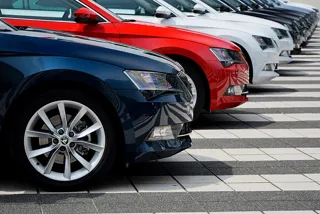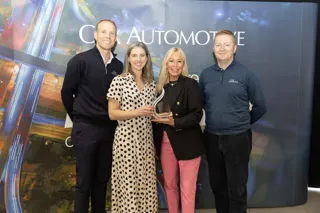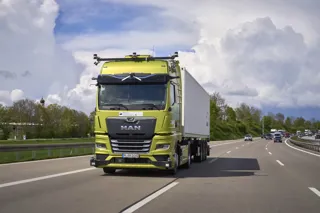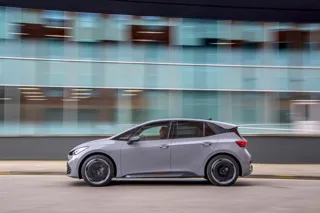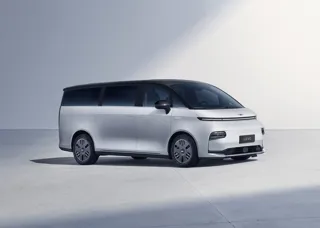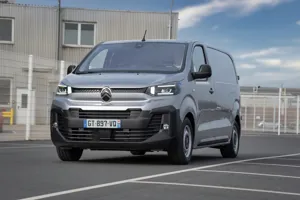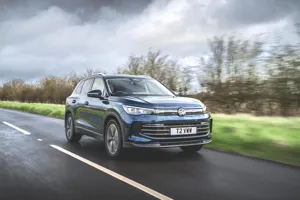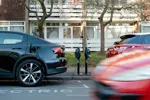VAT cut on public chargers and EV grants ruled out
The Government has responded to recommendations in a House of Lords electric vehicle report, which includes a pledge to keep company car tax low.
Tax and Legislation
21 Apr
Features and analysis

BMW expands model choice and remains fleet industry's favourite brand
As BMW continues to expand and evolve its model line-up, the brand remains committed to giving its customers choice.
Electric Fleet
Events
Car, van and truck reviews
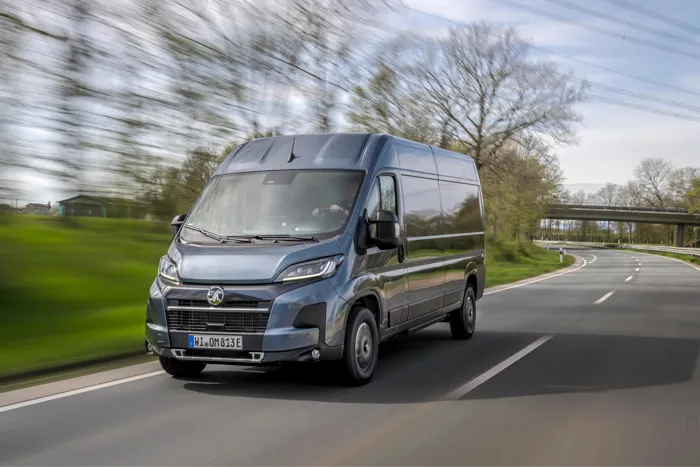
Vauxhall Movano and Movano Electric review
The Vauxhall Movano moves onto a shared Stellantis platform in its latest generation.
22 Apr





